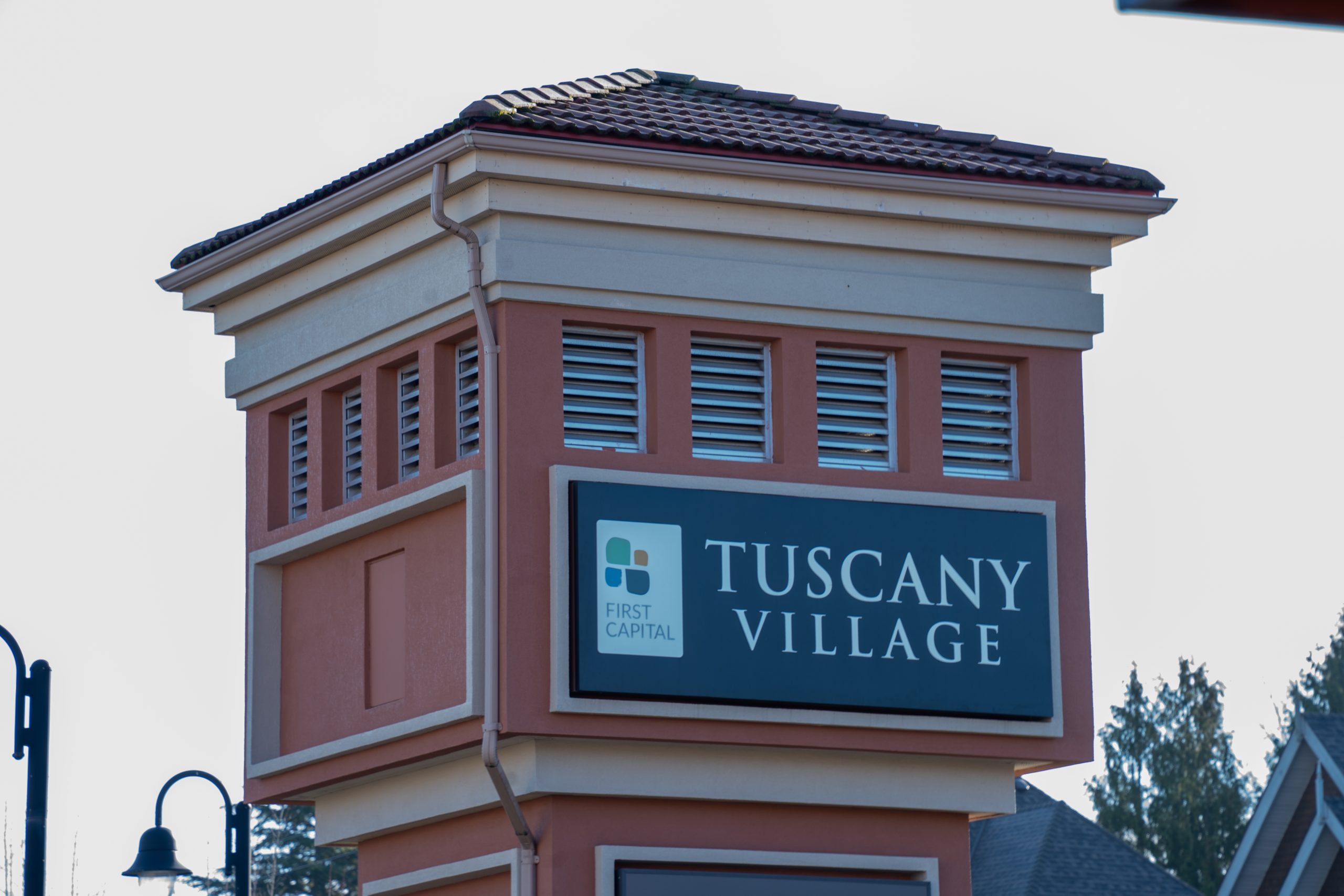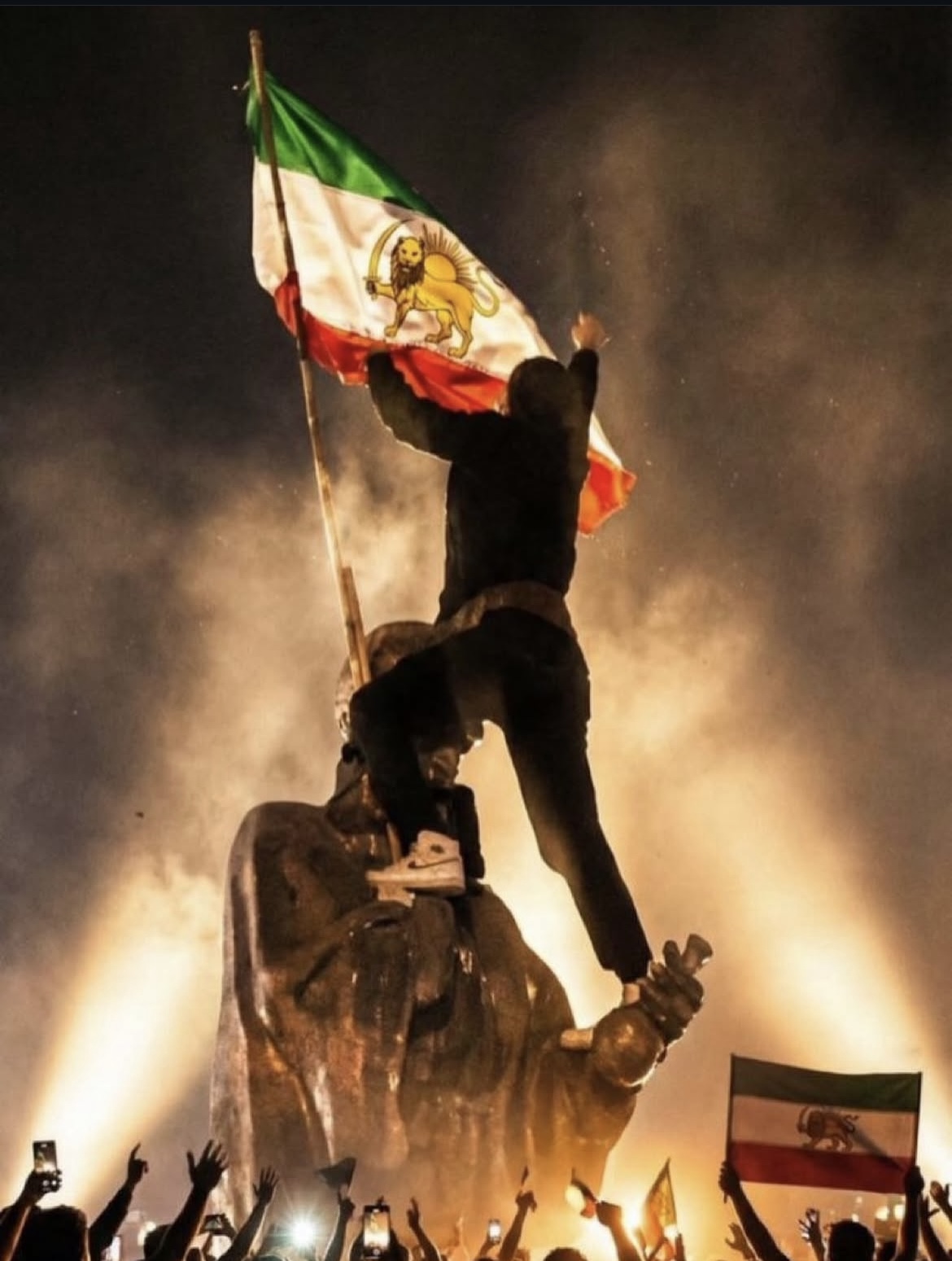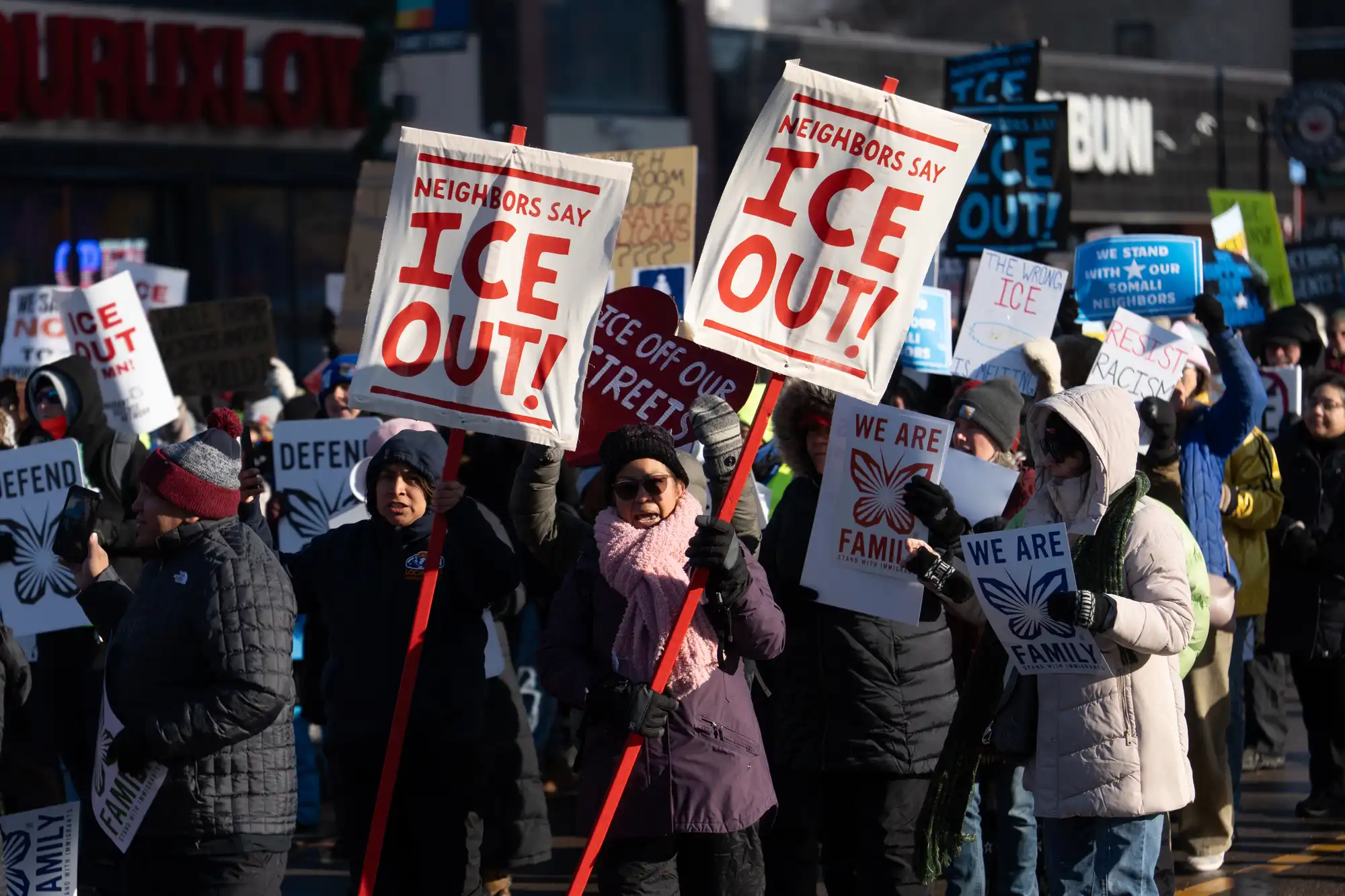The best of intentions
Following a Christmas address in which Pope Francis urged increased humanitarian aid to besieged Syrians suffering from the country’s extended civil war, Syrian President Bashar al-Assad reached out to the Pope. According to the Syrian state-run news agency SANA, Assad is ready to participate in the Jan. 22 peace talks termed Geneva II. Unfortunately, it is likely that these talks will have little effect on ending the devastating civil war.
Part of Assad’s message, relayed to the Pope’s secretary of state, Archbishop Pietro Parolin, by Syrian Minister of State Joseph Sweid, reportedly contained a pointed reprimand for other nations involved in the civil war: outside countries must stop supporting “terrorist groups.” Instead, the Syrian president’s message argued, peace could only come through a national dialogue among Syrians, under Syrian leadership, without foreign intervention.
Although this claim seems reasonable on its surface, the Assad government is hardly trustworthy in the eyes of many when it comes to democratic reforms. Assad, once considered a hopeful candidate for liberalizing his nation (when the untimely death of his brother forced the one-time ophthalmologist into the limelight of political affairs he had previously eschewed), has now overseen the deaths of what current estimates put at 130 000 of his countrymen.
The issue revolves around the role of Assad in any future government. Western nations like Great Britain and the United States have unabashedly called for his removal. U.K. Foreign Secretary William Hague argued that, “President Assad has no role in a peaceful and democratic Syria”—indeed, he hardly seems deserving of one. But this is scarcely a proposal Assad’s government is likely to accept, especially when it perceives that victory is still within its grasp.
Complicating conflict
The Syrian government has continued to wage an effective war against rebel opposition groups, making use of military and economic aid from Iran and Russia, its two main allies in the conflict. Although opposition groups are supported by a number of Western and allied Gulf nations—termed the “Friends of Syria”—internal divisions between rebel groups have prevented any strong, single centralized leadership from arising.
This is hardly surprising, given that the rebel groups have fractured into two very different categories. When the Civil War initially grew out of the protests that the so-called Arab Spring of early 2011 had helped foster, the war was fought by dissident civilians and defected army units unhappy with orders to attack unarmed protestors. However, the last year has seen many of these groups give way to increasingly violent Islamic extremist groups, the majority of whom are not Syrian.
The Free Syrian Army, initially composed almost entirely of Syrians, now has a large portion of extremist rebels with ties to groups that Western backers find politically unpalatable. In September, U.S. Secretary of State John Kerry estimated that extremists formed 25 per cent of all rebel forces and that 12 per cent were linked to al-Qaeda. The al-Nusra Front, which is in itself roughly 25 per cent of the opposition forces, draws fighters from all over the Middle East, including Libya, following the end of the American-backed Civil War there.
The problem with so many foreign fighters in Syria is that they bring an extensive level of sectarianism to the violence. Assad, though his government is stoutly secular, is himself a member of the Alawite minority, which is an offshoot of Shia, and has sworn to protect his nation and its citizens “against the crimes committed by the takfiri [Sunni Muslim extremes].” Rebel forces are mainly Sunni, as are the majority of Syrian citizens. Many rebels see themselves engaging in a holy jihad to protect their religiously aligned brethren.
This is equally a problem for the United States, as it struggles against Islamic extremists in Iraq and Afghanistan. Supporting groups like the Islamic State of Iraq and the Levant (ISS) is difficult to justify to the electorate back home, when those groups openly trumpet their desire for the imposition of Sharia law. Such declarations appeal within the strongly Sunni kingdom of Saudi Arabia, which has become the main backer of Syrian rebel groups. American voters, however, can no doubt be excused for their understandable confusion over their government’s support for groups that seem so suspiciously similar to the enemy of other battlefields.
And this is the problem with Assad’s declaration to the Pope. Of course he will meet to discuss terms, if, in the impossible hypothetical, all foreign-supported groups could be removed from Syria. With fights breaking out now between moderate and extremist opposition groups as well as the national army, there will not be much left in Syria for the president to consider a prize, should the violence continue apace. And an opposition entirely deprived of foreign aid would likely be far easier to defeat. However, Assad must know that, as a demand, this is hardly likely to be met, especially if those opposition groups he wants expelled are to have a place at the peace talks.
A gaze blank and pitiless as the sun
So long as Assad remains in a position where he feels he can comfortably endure the civil war, he is unlikely to embrace peace. As long as Assad continues to bring about the merciless slaughter of thousands of civilians, foreign fighters, especially fellow Sunnis from neighbouring countries, are unlikely to embrace peace either. And, as long as Syria continues to be a hotly contested and heavily armed, roiling pot of open warfare, western nations are unlikely to fully commit the aid or arms necessary to bring the war to a halt.
And so it seems likely that the Pope’s pleas for peace will go unfulfilled, at least for the time being. But in many ways, it has allowed Assad to speak truths that will ultimately be recognized in time: true and lasting peace must come through the ballot box, and Syrians must be allowed to determine their own futures. These are not new or novel sentiments, but they are, in a way, as strong a set of indictments against the Western powers as they are against Iran and Saudi Arabia.
Ultimately, hammering away at the bargaining table for the removal of chemical weapons seems a hollow gesture when, at the same time, other branches of those same governments export conventional arms en masse to the same theatre. Assad has proven himself unable or unwilling to oversee democratic reforms in his nation, but worsening sectarian violence will not save the lives the Pope seeks to protect.







